NATO Is Haunted by the Ghost of Vietnam

This is not the first time that American concerns in Asia have unsettled Western European leaders.
Western European leaders responded to President Biden’s withdrawal from the 2024 presidential campaign with admiration. Germany’s Chancellor Olaf Scholz praised Biden for his role in strengthening transatlantic relations. It’s a legacy Biden entrusts Kamala Harris, his vice president and pick for the Democratic nomination, to defend against former President Donald Trump in November.
A Harris victory would undoubtedly elicit a sigh of relief in Brussels. A staunch supporter of NATO, Harris promises to be a steady hand on European security. By contrast, Trump offers a very different vision for Europe’s future. His frequent denigrations of the alliance and his campaign’s talk of dramatically reducing American involvement sent European officials scrambling to “Trump-proof” the pact. Nevertheless, Trump’s political defeat wouldn’t resolve the disquiet that pervades the alliance.
America’s security guarantee is suffering a crisis of confidence. And it will persist, regardless of who occupies the Oval Office, for as long as Europe competes for Washington’s attention. A survey conducted by the Institute for Global Affairs of the United States and three European NATO members found that only six percent of European respondents believe Washington will be a “very reliable” guarantor of European security over the next decade.
European capitals—historically dubious of Washington’s ability to maintain public support for a peacetime alliance an ocean away—are sensitive to the tenor of U.S. politics. They are perturbed by the weakening domestic consensus underpinning U.S. leadership in NATO. True, most Americans still believe NATO is essential for U.S. security, but many are also reluctant to foot the bill for capable allies when there are problems at home and more pressing priorities abroad. According to the same IGA survey, most think Europe should be primarily responsible for its own security.
…
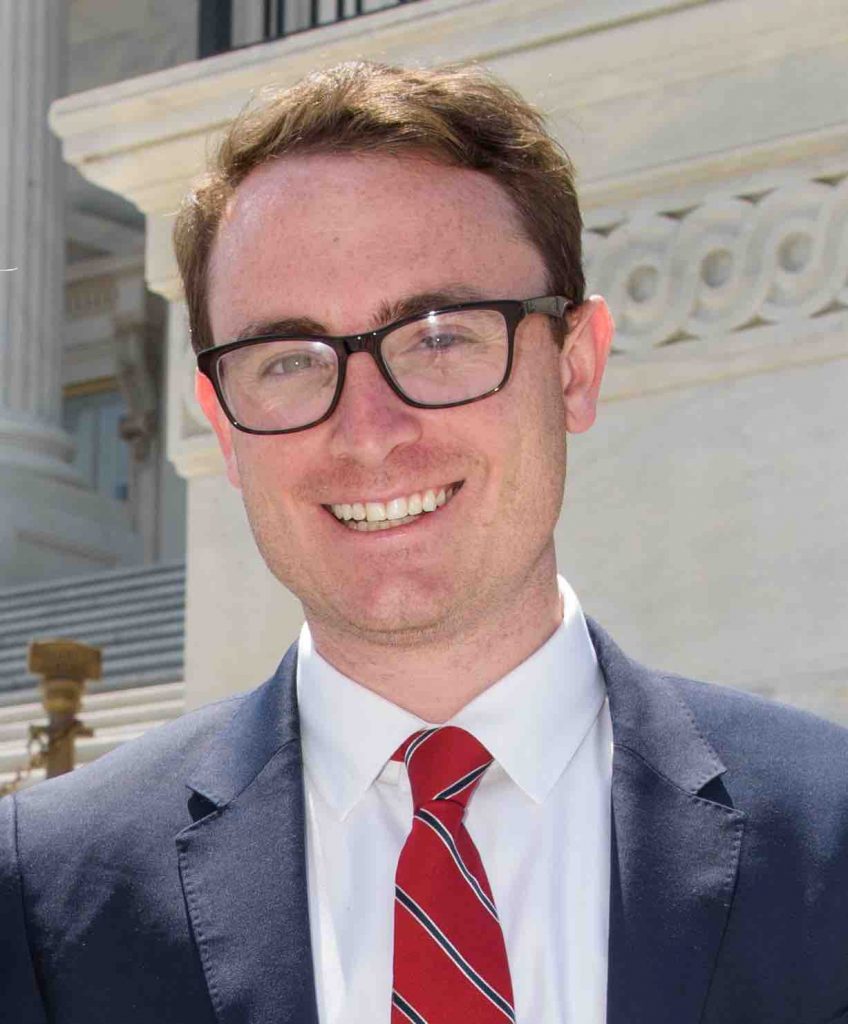
Lucas Robinson is a senior research associate and digital media manager at the Institute for Global Affairs.
More from Lucas
This post is part of Independent America, a research program led out by Jonathan Guyer, which seeks to explore how US foreign policy could better be tailored to new global realities and to the preferences of American voters.

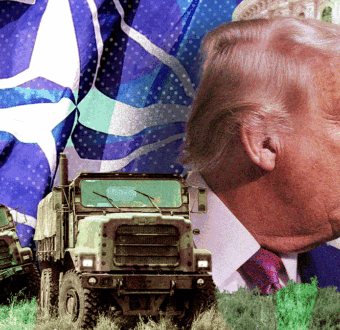
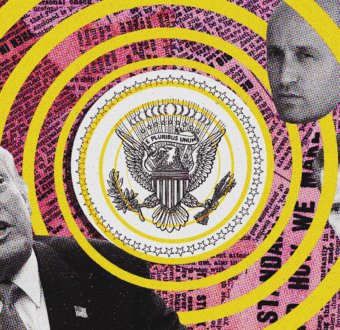
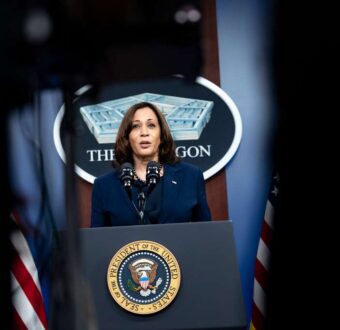
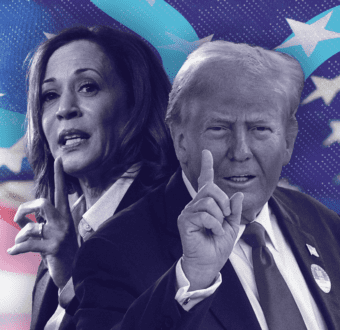

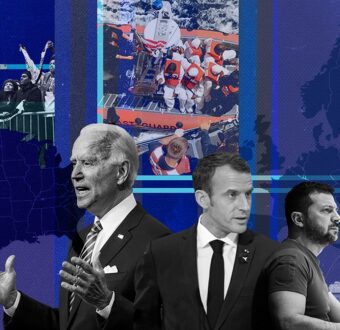
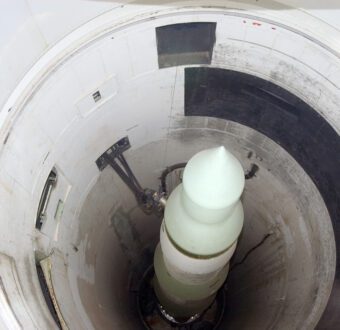

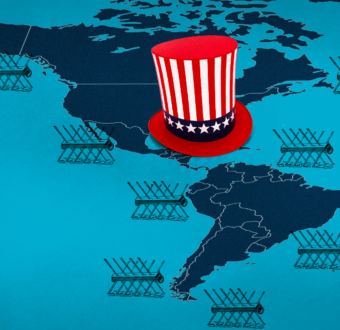



Western Europeans Are Hedging on a Post-US NATO